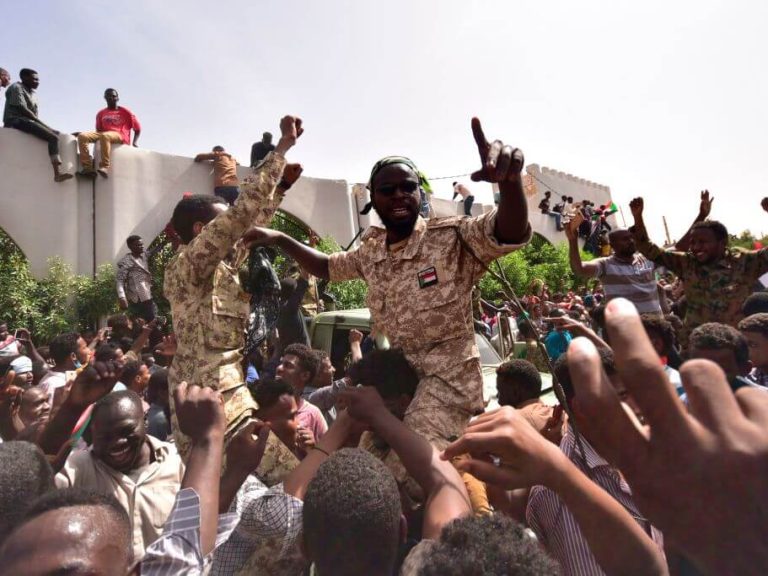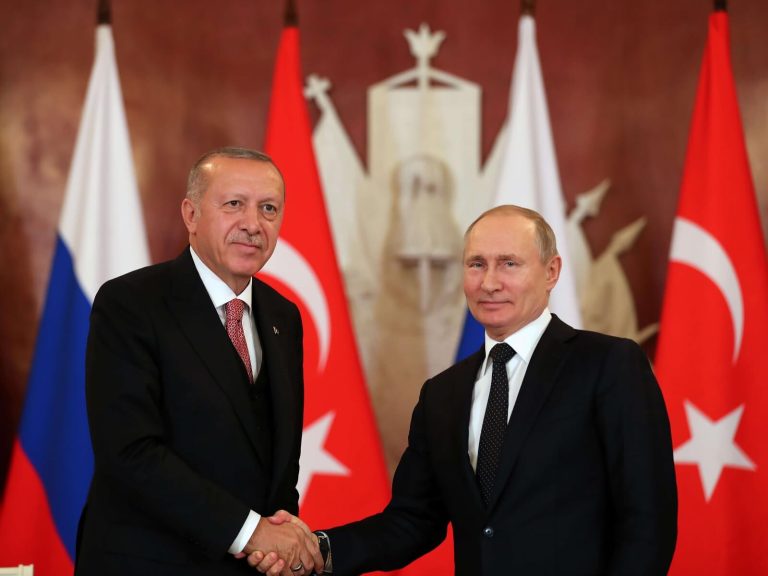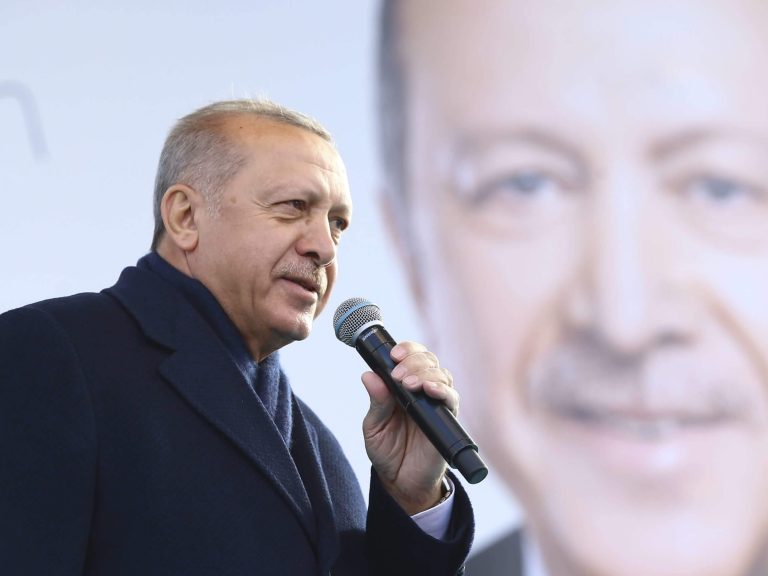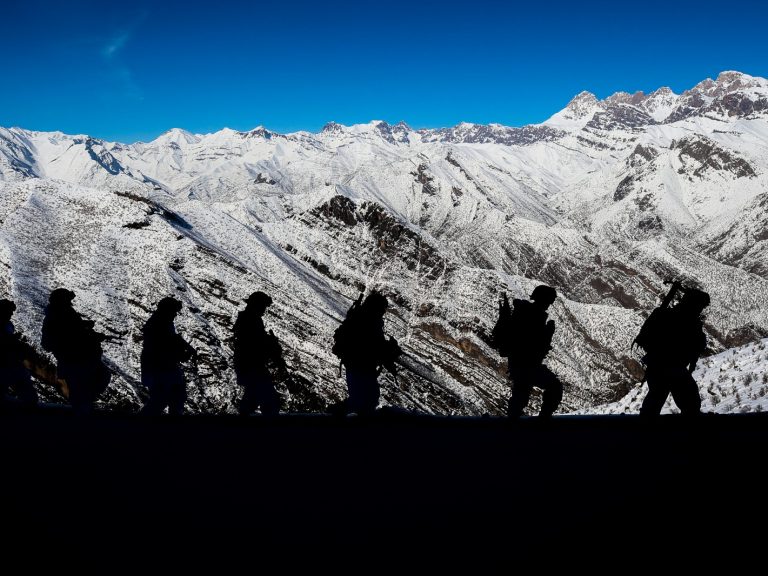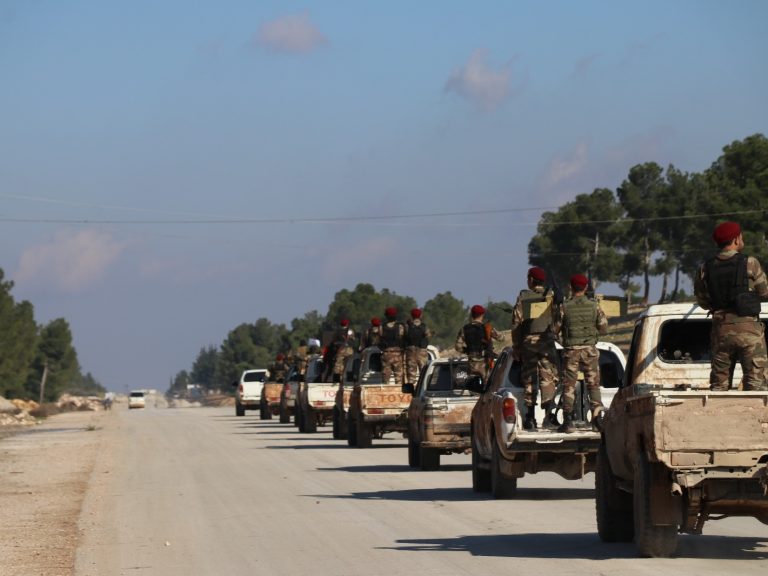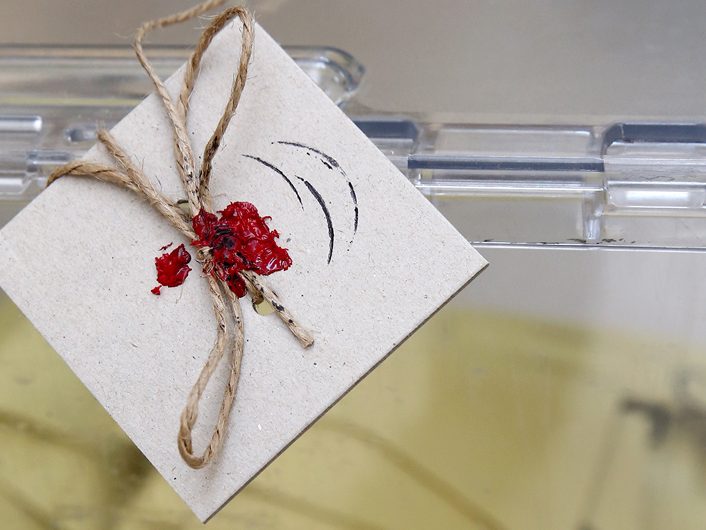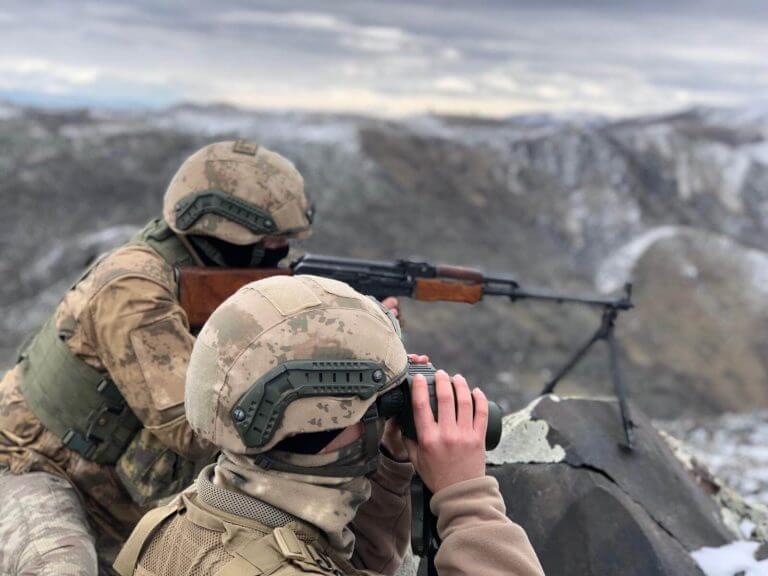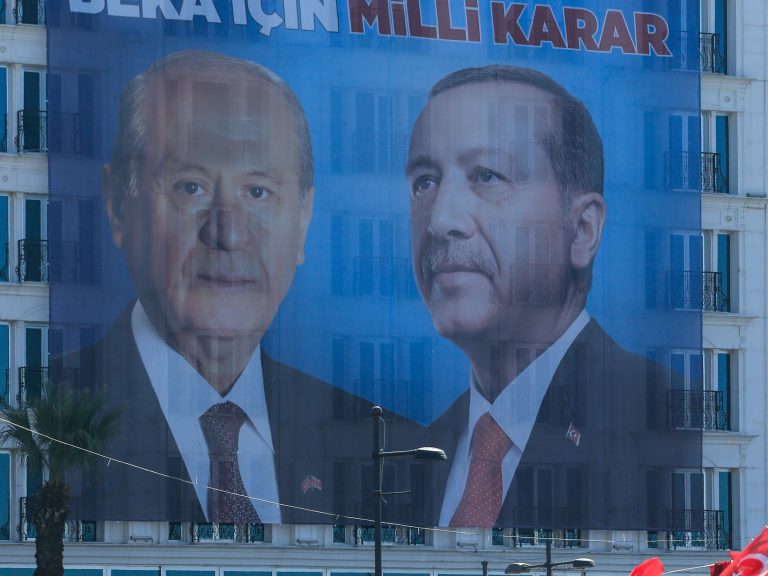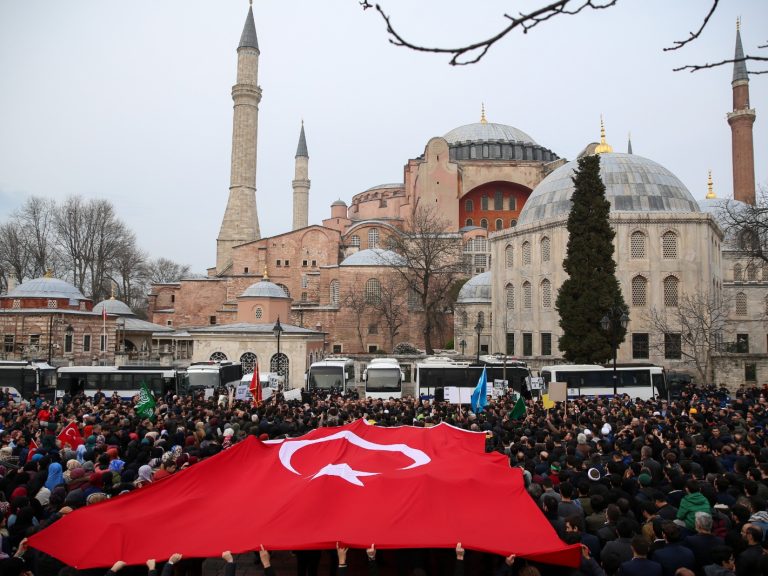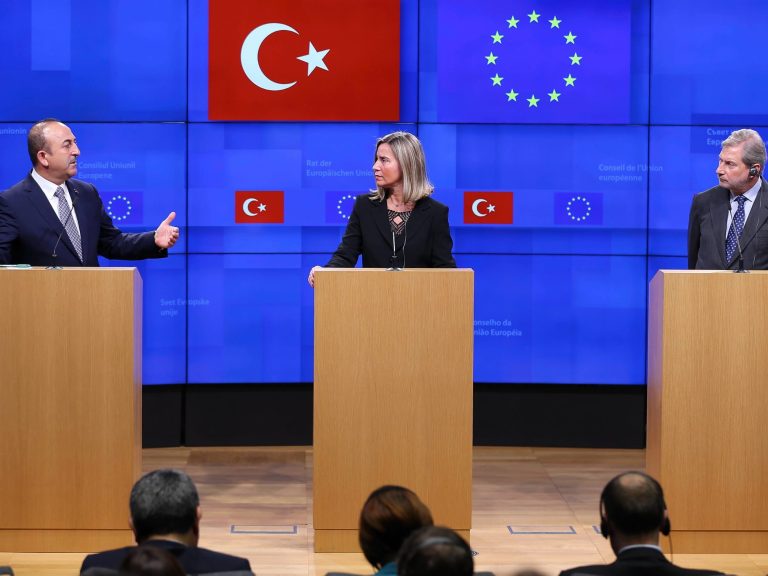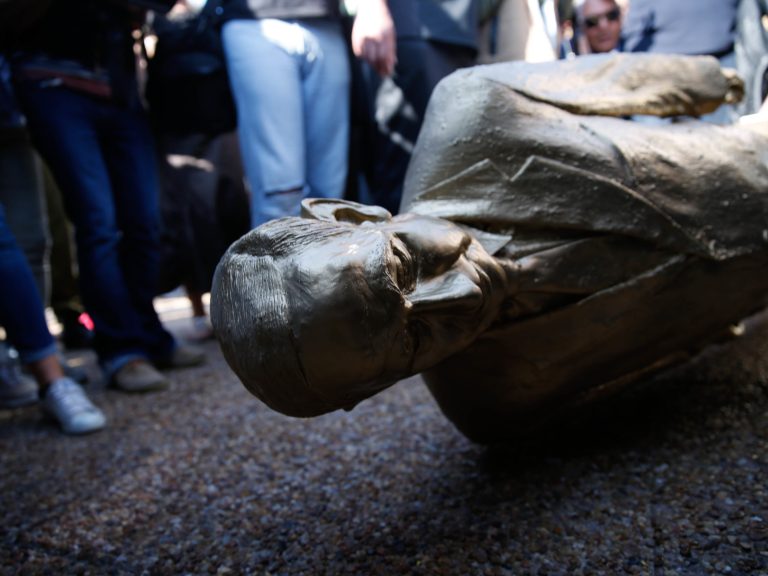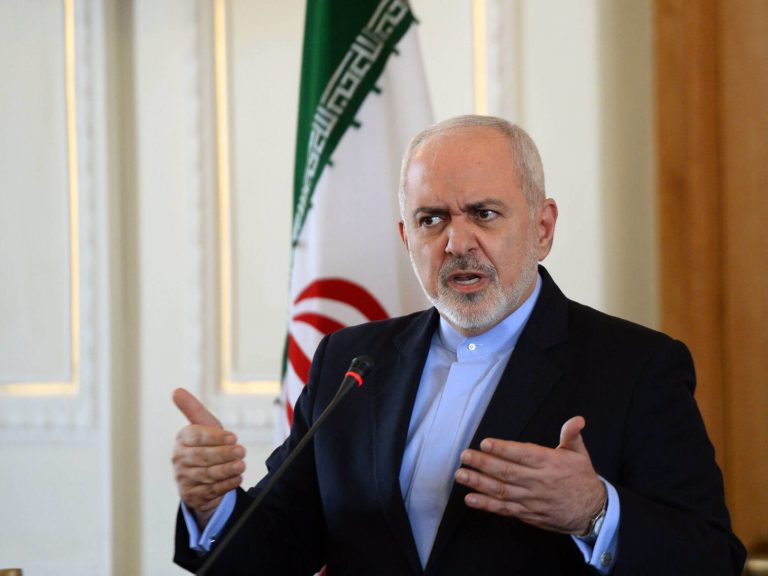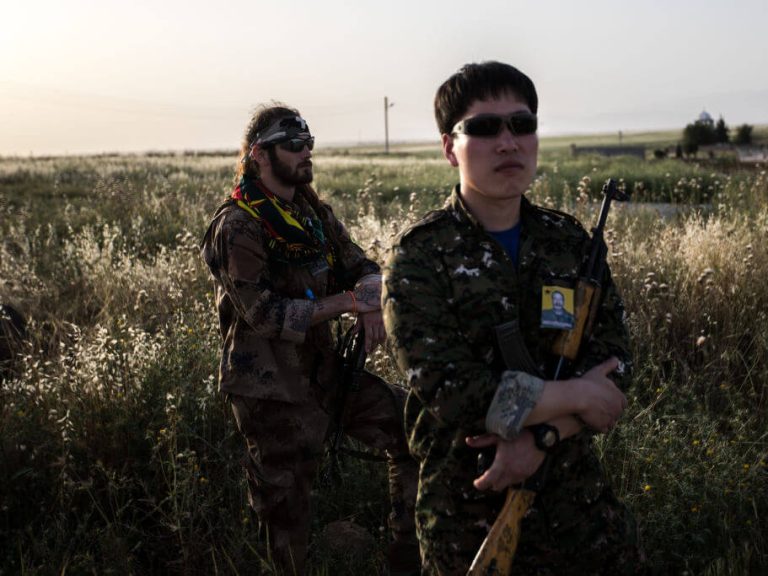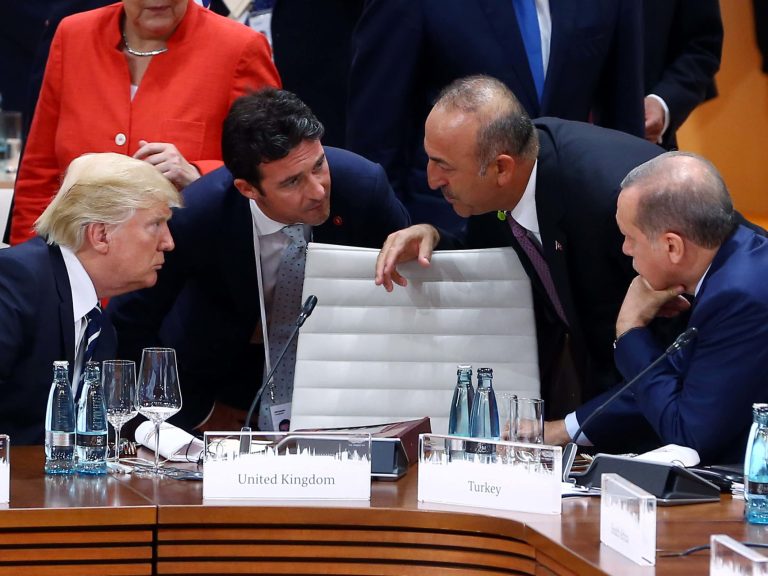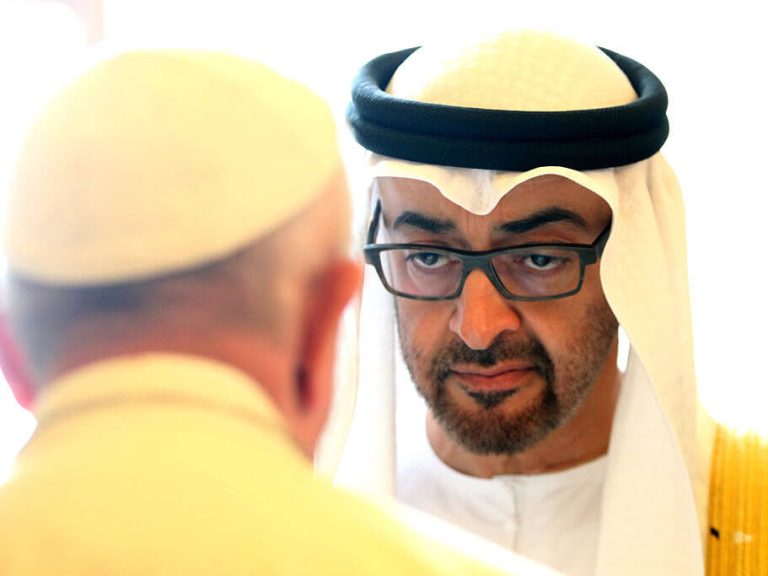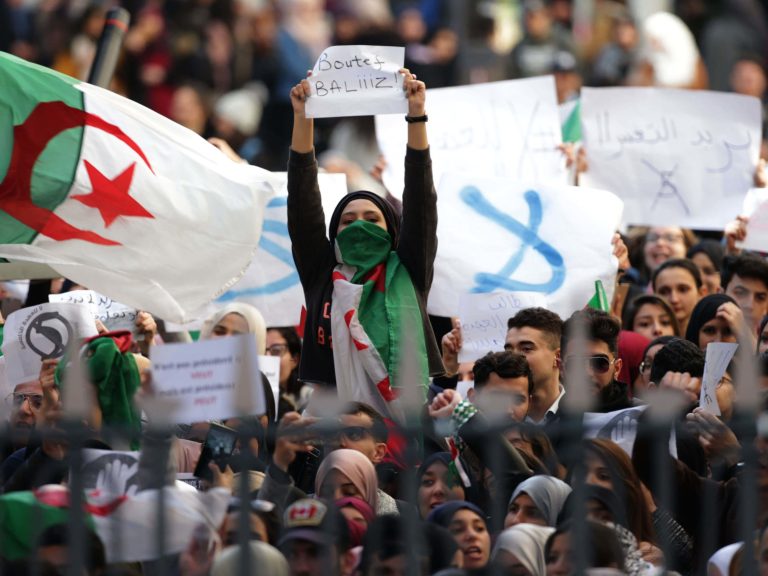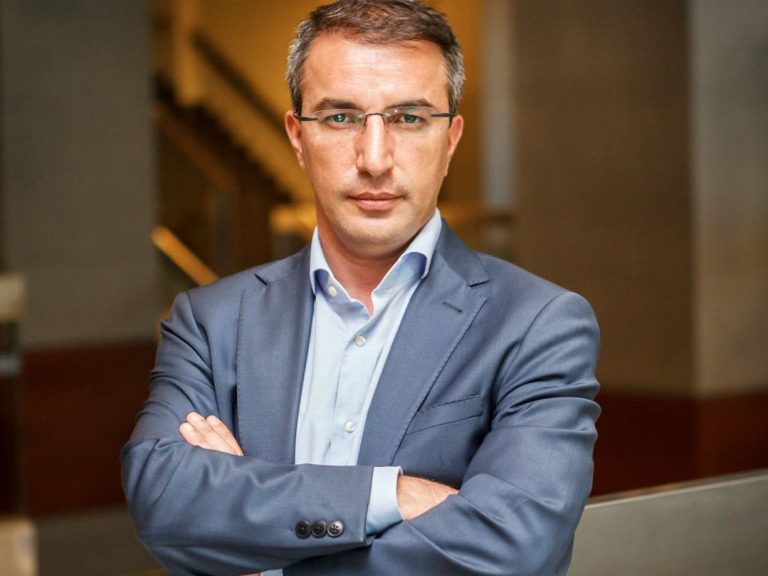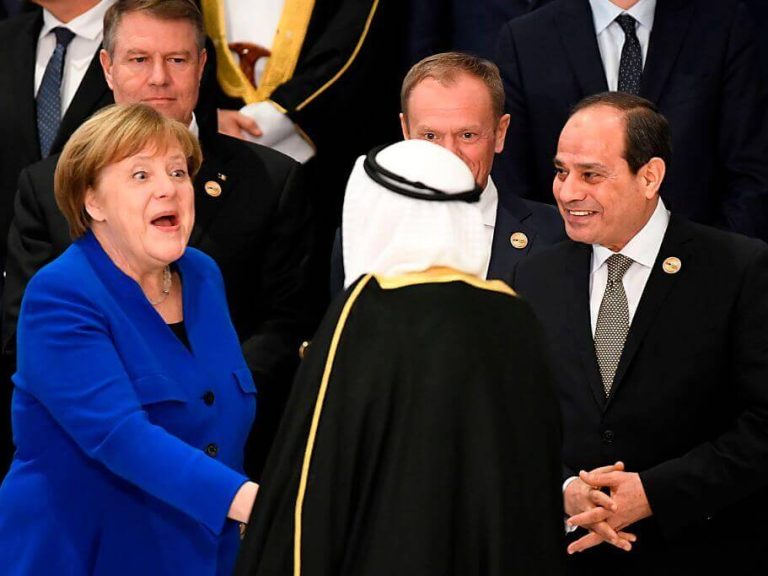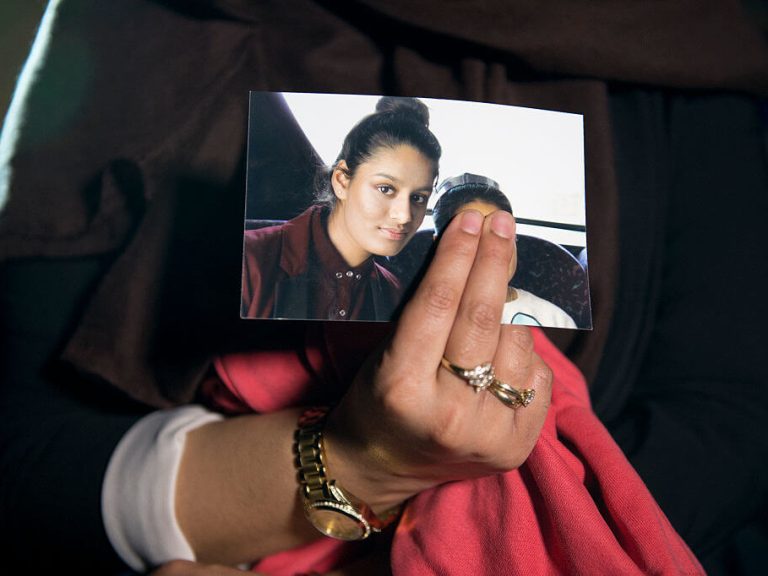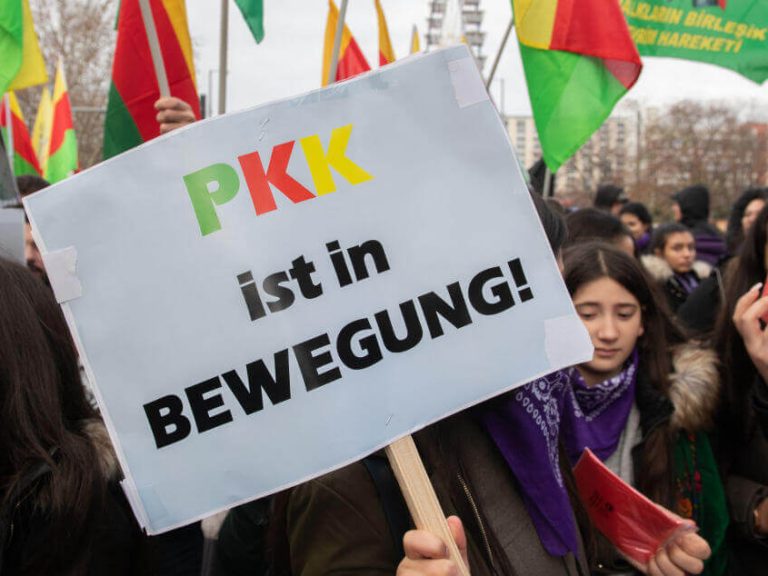As part of these efforts, Al-Bashir made visits to regional countries, including Qatar and Egypt, as well as war-torn Syria.
How Durable are Relations Between Turkey and Russia?
Especially when it comes to sensitive issues for bilateral relations, in particular, Syria and the post-war settlement in the country, the Crimea and the Crimean Tatars, relations in the Turkey-Ukraine-Russia triangle, and Russian-Turkish competition in the Central Asia and Caucasus region.
The Age of Erdogan has Brought Stability and Political Flexibility to Turkey
Now Russia is one of Turkey’s most important trading partners and in spite of some lingering differences, both are cooperating in order to ensure a successful peace process for Syria.
Turkish Foreign and Security Policy at the Crossroad
The election campaigns were mostly shaped by Turkish foreign and security policies concerning the Syrian crisis, the PKK, and the fight against terrorism.
Will Turkey Launch a New Operation in the East of the Euphrates?
decision to withdraw from Syria, many discussions have risen about the fate of the region.
The Safety and Reliability of Elections in Turkey
It is even claimed that there will be cast ballots made for Syrian refugees, as the issue of Syrian refugees is the most frequently raised.
What’s Behind Turkey and Iran’s Joint Operation on the PKK?
The organization has been open for international aid from Greece to Syria at periods when these countries were tense with Turkey.
Why are Local Elections Perceived as a Matter of National Survival in Turkey?
More, the PKK’s branch in Northern Syria, the YPG, became a serious threat for Turkey’s national security.
The European Parliament Seeks the Medieval Age in Hagia Sophia
The article that was proposed and accepted during the European Parliament’s voting of the 2018 report reads: “Calls on the Turkish government to respect and fully implement the legal obligations which it has entered into concerning the protection of cultural heritage, and, in particular, to draw up in good faith an integrated inventory of Greek, Armenian, Assyrian and other cultural heritage that was destroyed or ruined in the course of the last century; opposes, in this context, any extreme view that promotes alterations to the physiognomy of the Hagia Sophia historical-religious monument and its conversion into a mosque; calls on Turkey to ratify the 2005 UNESCO Convention on the Protection and Promotion of the Diversity of Cultural Expressions; calls on Turkey to cooperate with the relevant international organisations, especially the Council of Europe, in preventing and combating illicit trafficking in and the deliberate destruction of cultural heritage…”
The European Parliament indirectly defines Hagia Sophia as a historical-religious monument and cultural heritage belonging to the Greeks and claims that it is Turkey’s legal responsibility to sustain it as it is.
The Link Between Brexit and Turkey’s Dashed Hopes of Being an EU Member
And post Syrian war and its exodus towards Europe, this resistance has never been more stoic than today.
Snap Elections in Israel: Is Netanyahu Going?
However, Trump’s decision to withdraw from Syria shifted the sensitive domestic political balance coalition between partners and therefore snap elections became inevitable.
The Politics of Uncertainty in Iran
Iran is critical of Russia’s engagement with Israel over Syria, while Russia believes that the Syrian crisis cannot be ended, and Syria’s reconstruction cannot start with Iran’s extensive presence in the country.
YPG’s Foreign Fighters: Volunteers or Terrorists?
President Donald Trump made an abrupt call to European countries, chiefly Britain, France, and Germany, to take back their citizens who have been foreign terrorist fighters (FTFs) in the ranks of DAESH and who now are prisoners in Syria.
Turkey’s S-400 Deal: The Last Straw that Breaks the Camel’s Back in US-Turkey Relations?
This is because they are operating right across Turkey’s Syrian border.
Islam in the UAE’s Foreign Policy
This pillar of the UAE’s foreign policy became increasingly important following the terrorist attacks of September 11, 2001, which two Emirati hijackers carried out with 17 others mainly from Saudi Arabia, as well as the Islamic State’s meteoric rise to power in Iraq and Syria in 2014.
Ghosts of the Arab Revolutions Haunt Algeria
Millions of people in Tunisia, Egypt, Libya, Yemen, and Syria, poured into the streets with both democratic and economic demands by asking for the removal of their decades-long oppressive regimes.
Diplomatic Savagery: An Interview with Ferhat Unlu on the Jamal Khashoggi Murder
At the moment, Turkey strategically moved a bit further to prevent the threats outside its borders in Syria.
Radicalization in Egypt May Haunt Europe
The Arab League’s weak response in the Palestine issue, the Syrian conflict, and the civil war in Yemen proves the ineffectiveness of the organization.
Is the UK Wrong for Stripping ex-ISIS Bride of Citizenship?
Begum’s UK citizenship annulment may seem racist and even be illegal. But it’s the least ‘extremist’ of much needed measures…
Germany’s New Strategy Against the PKK or Just Temporary Steps?
For instance, it seems that while on the one hand Germany initiates a harder handling against PKK supporters or PKK-affiliated groups, on the other hand it also supports the PKK’s Syrian branch, the YPG, just like the U.
